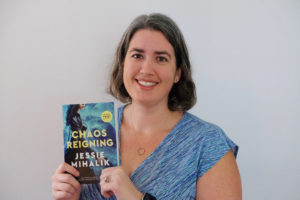
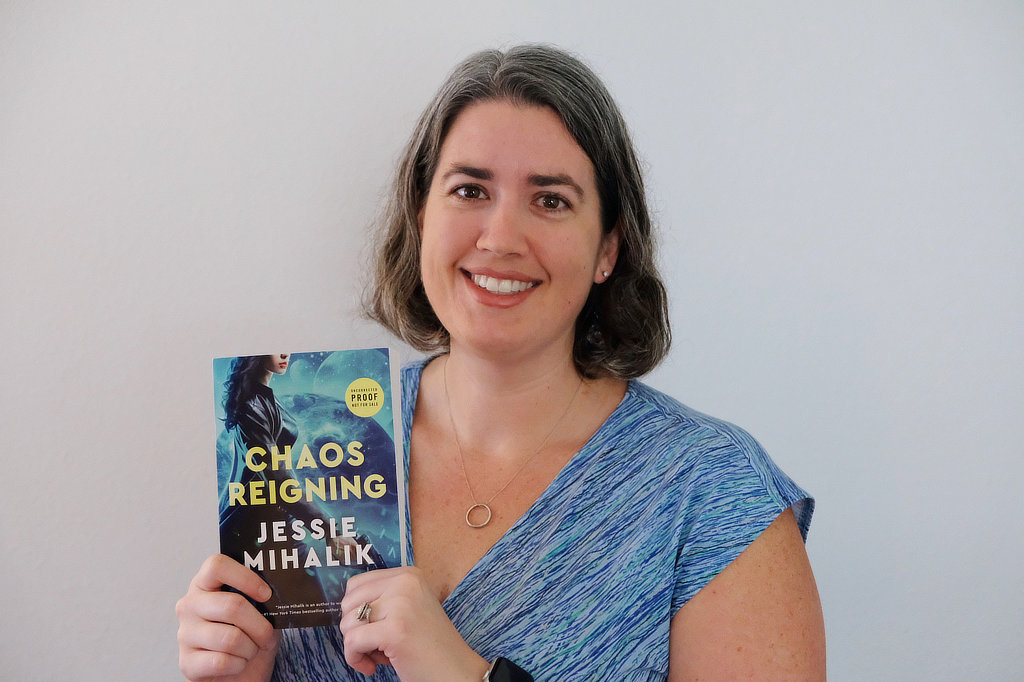
RITA ® Award-Winning Author of Fantasy Romance


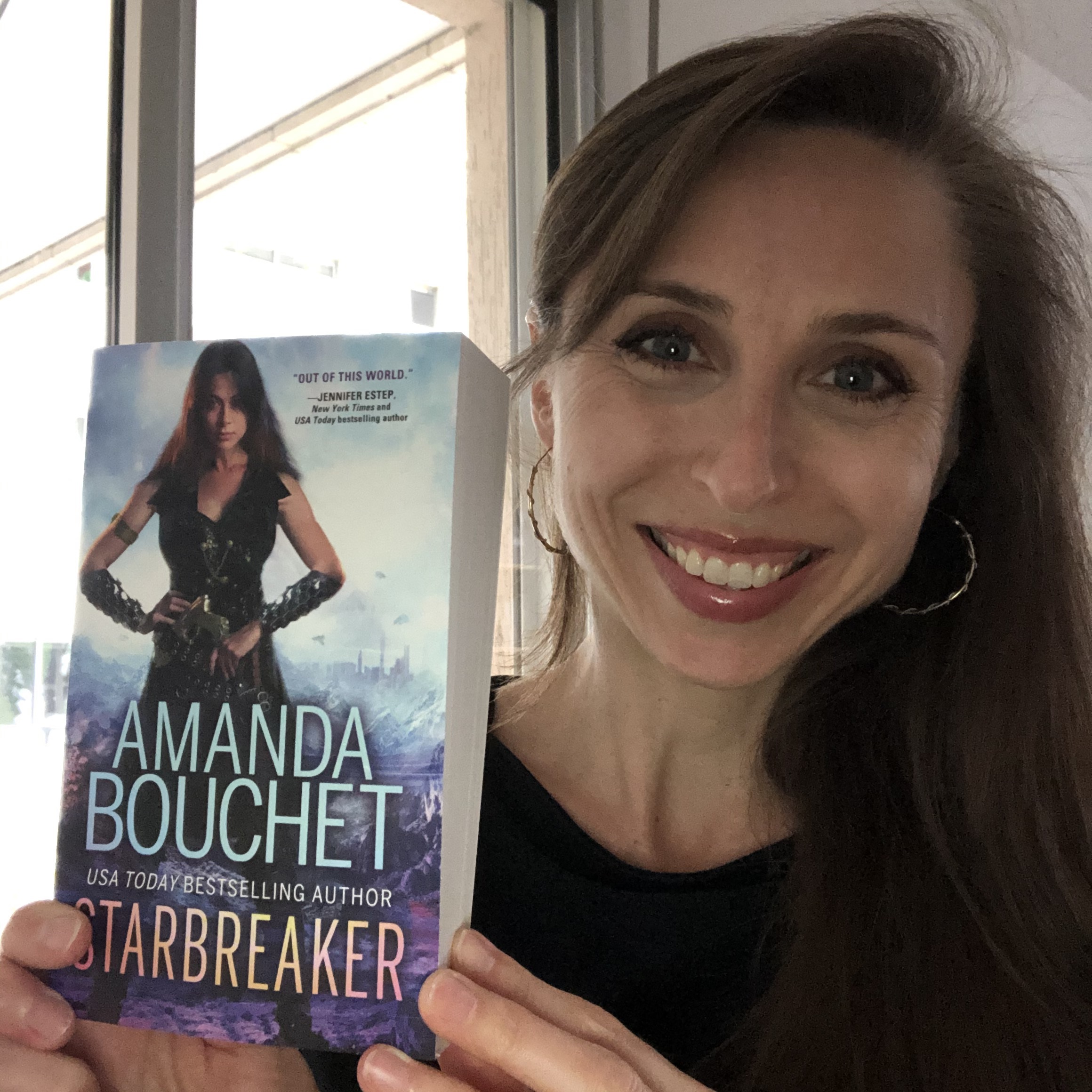
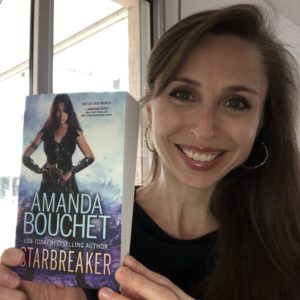

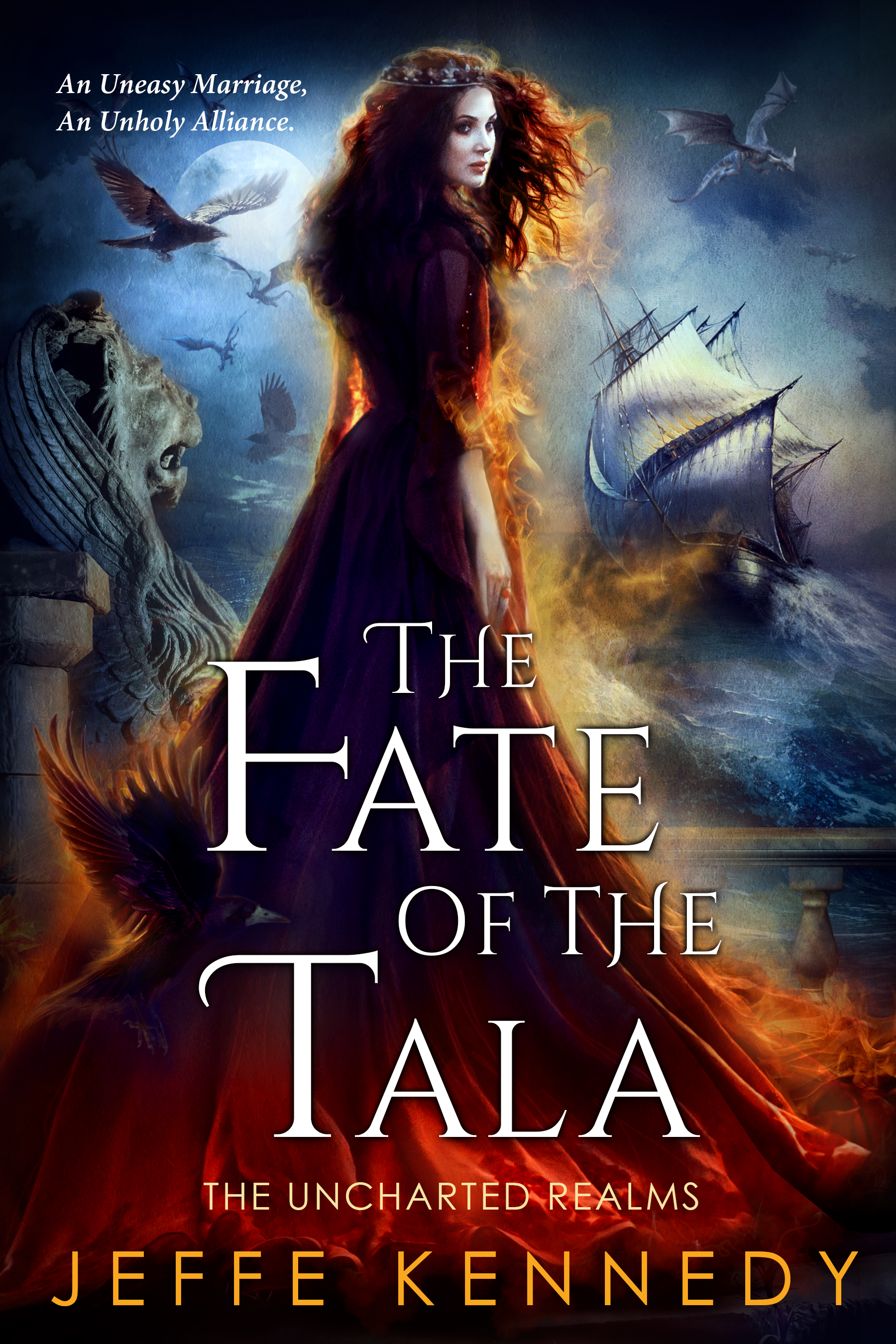
Happy Groundhog Day! In celebration of this (dubious) holiday, we here at the SFF Seven will be discussing that THING we find ourselves doing over and over in our books. If that’s not scary, I don’t know what is.
Just last weekend I did a video chat with an author friend, because I asked for her help with some brainstorming. We also chatted about our current projects and deadlines. Now, she’s had multiple books on the NYT Bestseller list and commands enviable advances. She has a large and passionate fandom. But she was at the phase of her current book where she doubted *everything* about it.
I said, “the phase where you’re certain the book is not only TERRIBLE, but the one that will destroy your career forever?”
And she said, “YES!”
This is an inevitable Groundhog Day cycle for me. Come on over to find out more – and how I get through it. Also for news on THE FATE OF THE TALA!
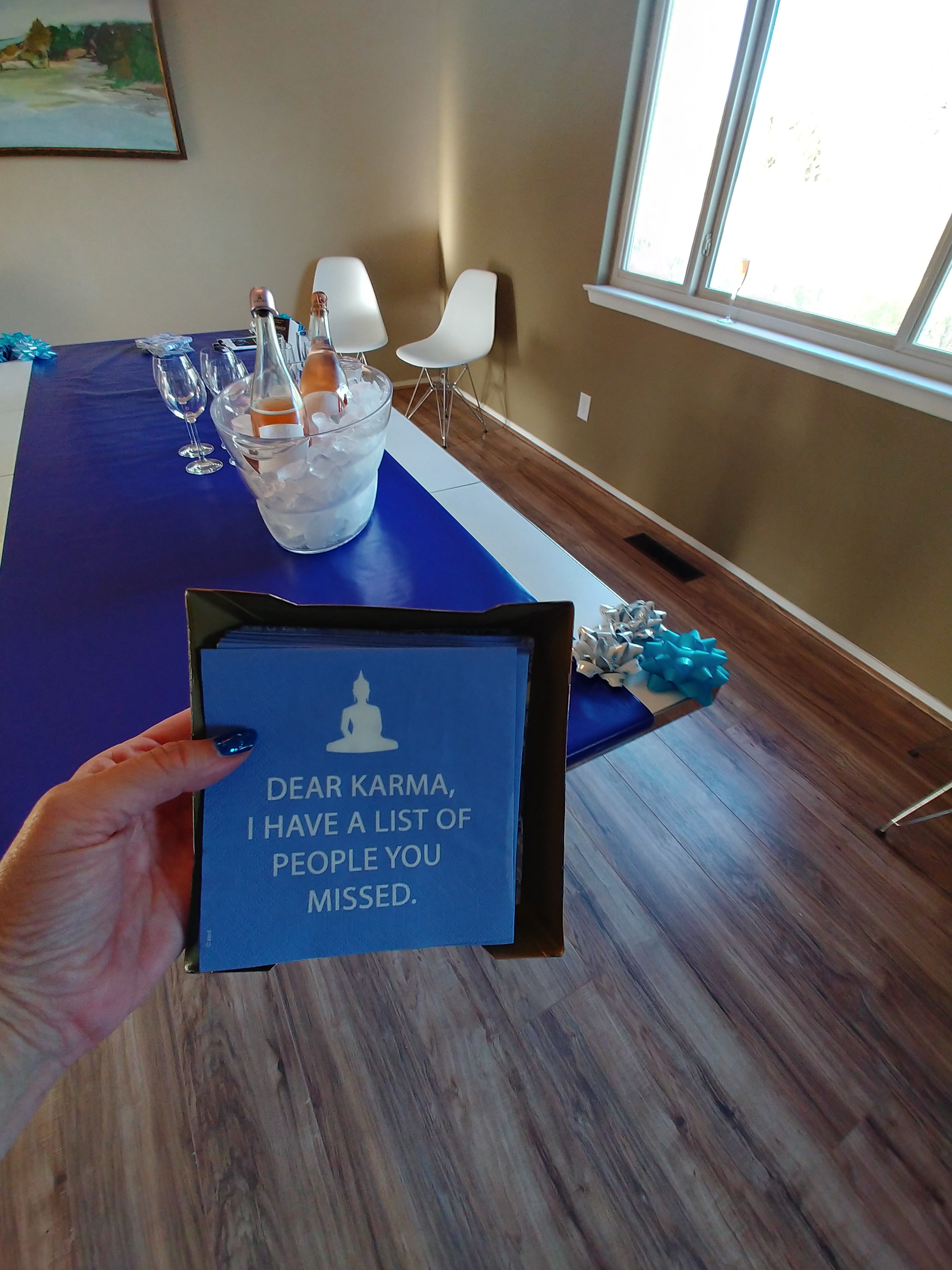
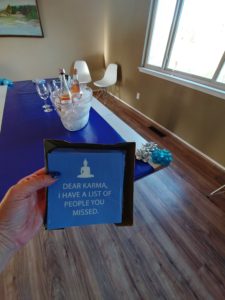
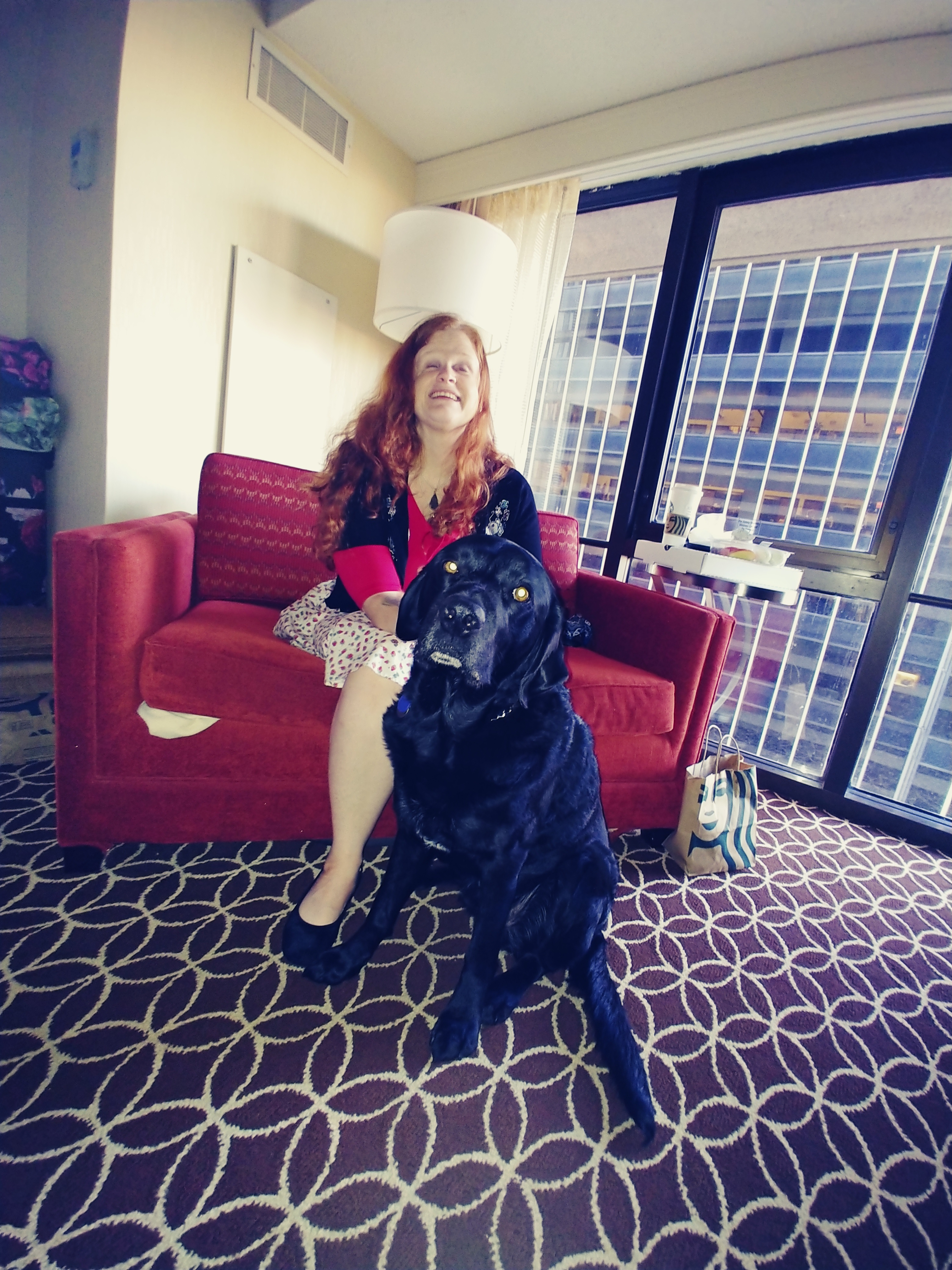

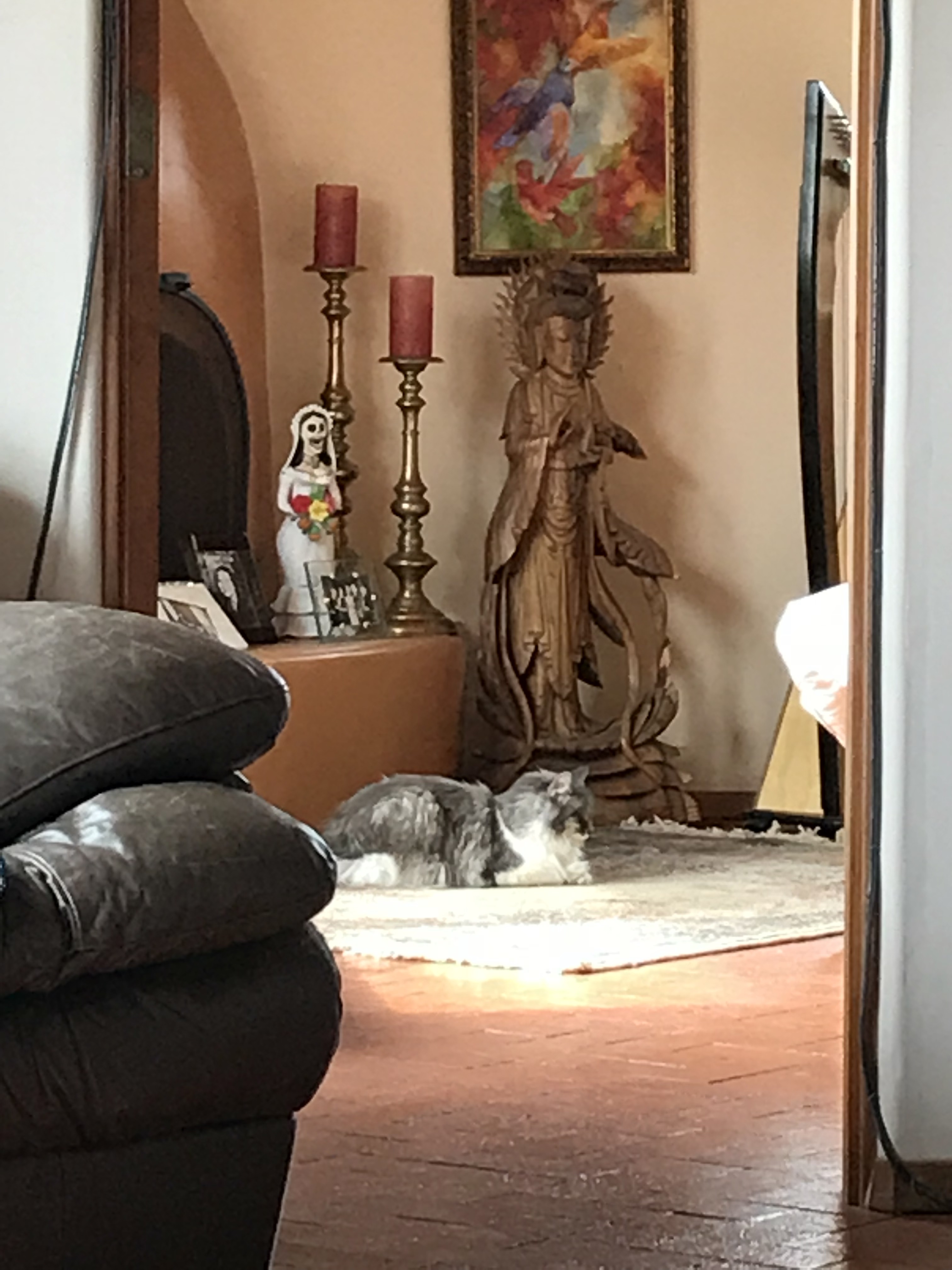
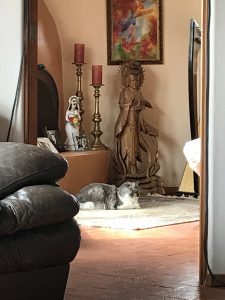
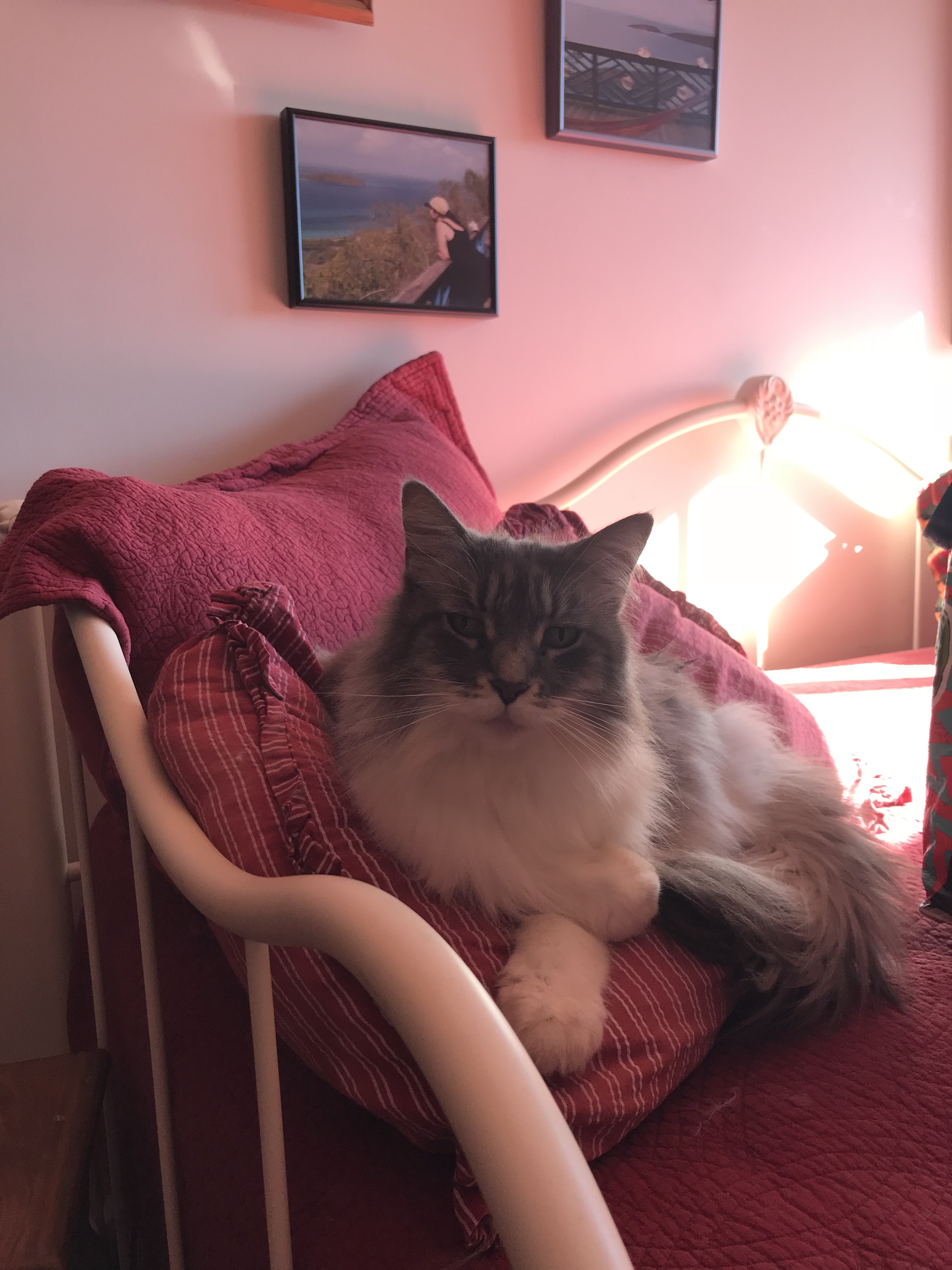
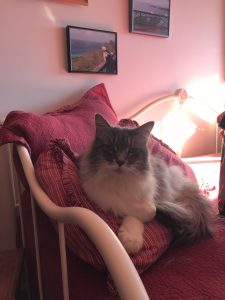
So, you’ve always wanted to write a book? Isabel is at her leisure to listen.
Me? Well, that depends.
Don’t get me wrong – I’m willing to help aspiring authors. I mentor through several organizations and do my best to be generous with helping people looking to build careers as writers.
The problem comes in when people are only talking and not wanting to do the work. That’s why this week’s topic at the SFF Seven is phrased the way it is: What do you want to tell someone who says ‘I always wanted to write a book’?


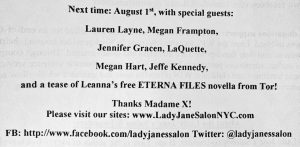
If you’re in the New York City area, I’ll be reading at Lady Jane’s Salon on Monday, August 1. Would love to see you there!
Today I’m over at Suzanne Johnson’s blog, kibbitzing with her on the uncertainty, scariness and utter thrill of writing full time. Already a good conversation going, if you’d like to chime in with making your own dream come true – and there’s a gift card, just saying.
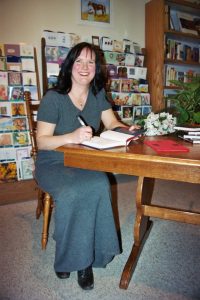
In honor of this week’s topic – a writing routine we used to depend on but changed and why – I dragged out this old photo of me at my very first book signing. That’s January of 2004, when my essay collection, WYOMING TRUCKS, TRUE LOVE AND THE WEATHER CHANNEL, came out. I look so fresh-faced and excited. You can practically see the visions of sugarplums and lucrative multi-book contracts dancing in my head.
~pets past self~
At any rate, I’m over at the SFF Seven, talking about my old writing rituals, which ones have gone by the wayside, and why.